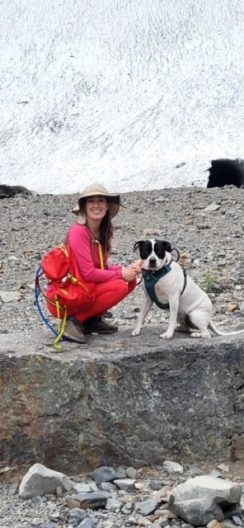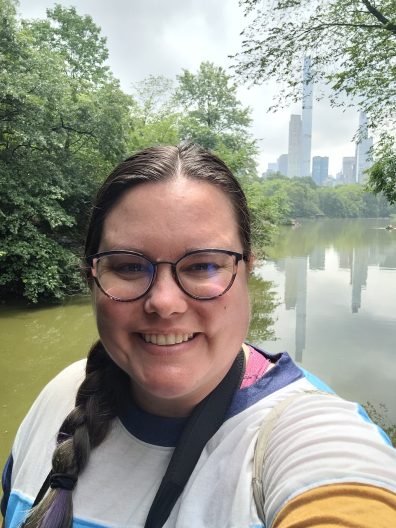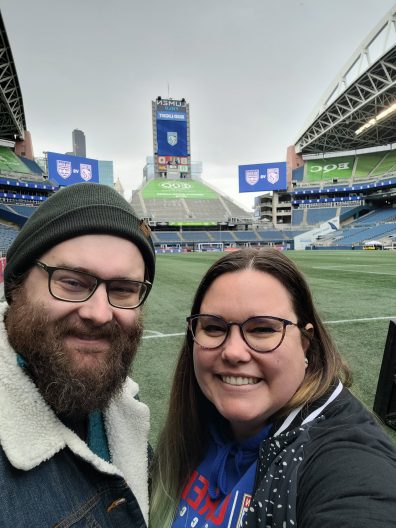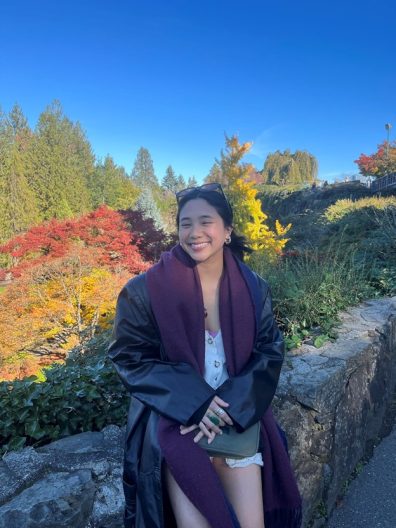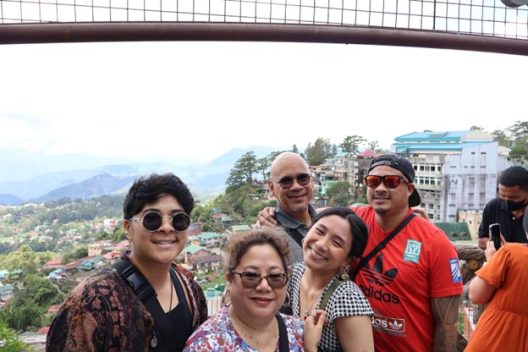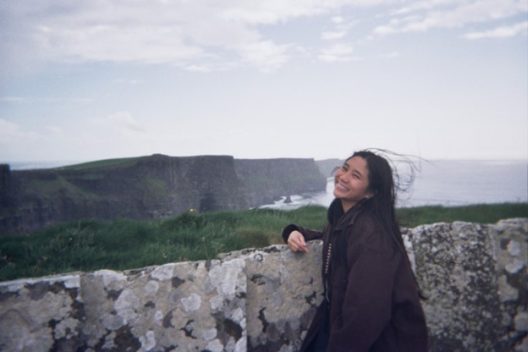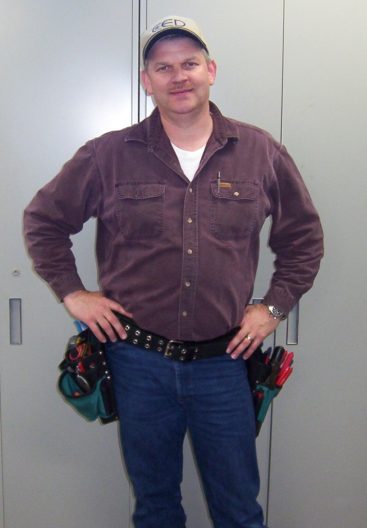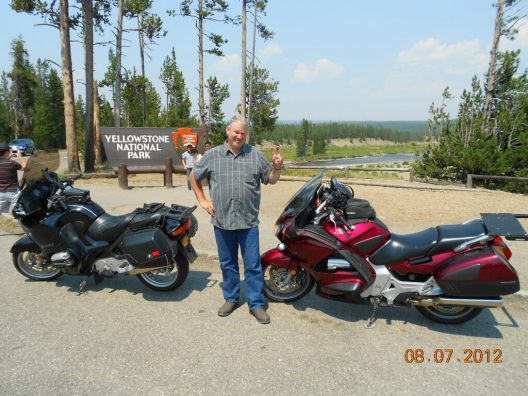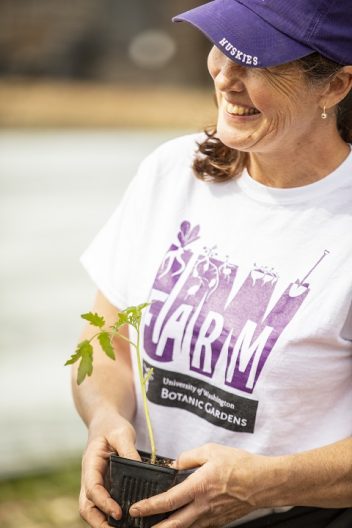Get to know SEFS staff! This series provides an opportunity to find out more about SEFS staff members — what they do in their daily job and how they spend their time outside the office.
I am the Adult Education Programs Supervisor at UW Botanic Gardens. Most of my day is spent planning and carrying out classes for the public and horticulture professionals, as well as a few annual symposia. I also manage our work on the City of Seattle’s Trees for Neighborhoods program and UWBG’s general communications.
Tell us about your road to SEFS
It’s been a winding one! After college I spent 7 years working in finance at a global health non-profit based here in Seattle, including spending three months supporting a project in our Malawi office. I decided to go back to school for my MPA and started that program in 2020. By spring quarter I was really feeling the Zoom fatigue, and took a plant ID class at Edmonds College on a whim to get some more outside time. I immediately fell in love with learning more about plants, and quickly decided horticulture was a field I wanted to work in. My first job at UWBG was working on summer data collection for the Trees for Neighborhoods program and leading a project aimed at increasing accessibility of the program in Seattle’s higher-heat neighborhoods.
Tell us about your college experience
I started college thinking I wanted to become a doctor, but very quickly found out that chemistry was not my strong suit. After taking an introductory public health class, I really connected with its systems-level approach to problem solving, so I majored in public health with minors in global health and Spanish. There are SO many options available at UW, which certainly makes making a ‘pivot’ much easier. I also appreciated how most majors here have seminars that will delve into the wide array of careers available in that field. When thinking about grad school, UW was the school on my list. I’m very proud to call myself a Double Dawg!
Where did you grow up?
I grew up in Ballard and am excited to be living in the neighborhood again after a decade in the U District/Capitol Hill. I love getting to take the bus to live shows or square dancing at the Tractor Tavern, and spend as much time as possible biking along Shilshole during the summer.
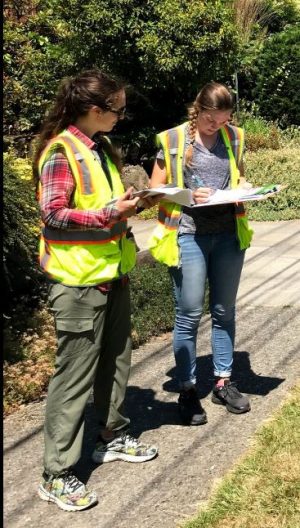 What are your favorite ways to spend time outside of work?
What are your favorite ways to spend time outside of work?
Cooking, trying new craft projects, gardening (counting the days until I can have a homegrown cherry tomato!), shopping for vintage clothes, and camping/hiking during our beautiful Seattle summers. I also manage a weekly gleaning program that donates excess produce from the Ballard Farmers Market to the Ballard Food Bank. We collected over 24,000 pounds of produce in 2023! My parents and sister have moved out of state, but most of my extended family still lives in Seattle and I’m so lucky to get to spend so much time with them.
What inspires you?
Connecting with nature. I love that I get to spend every day facilitating that connection for others, whether it is through forest bathing in the Arboretum or a botanical dyes class.
